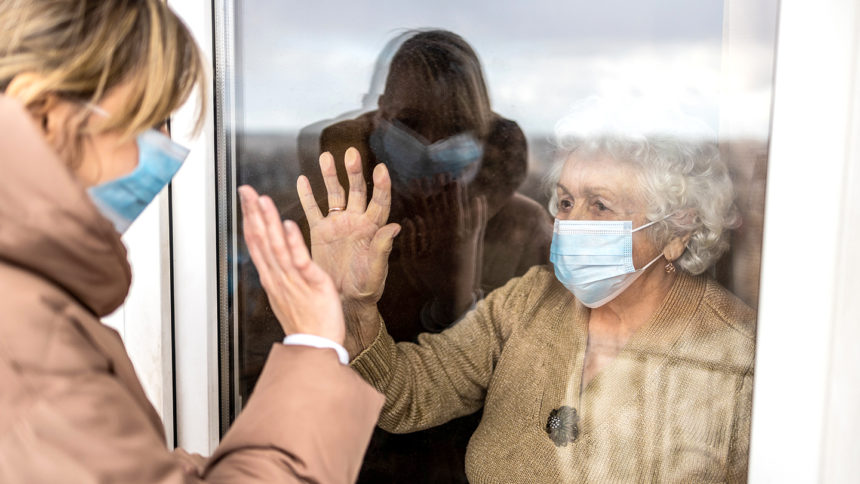
The oldest nursing home residents derive significant protection against future SARS-CoV-2 infections when they have had a past infection and are vaccinated against COVID-19, a new study finds. These factors may be helpful in determining which residents can safely return to a full social life, researchers say.
The study, across nursing homes in France, aimed to find whether a higher level of SARS-CoV-2 antibodies and a history of prior COVID-19 were tied to lower odds of reinfection. Study participants included 234 residents, all vaccinated with three doses of the Pfizer-BioNTech vaccine. The mean age was 87 years.
Antibodies were measured after the third dose and the residents were followed for approximately 215 days ending May 15, 2022. None of the study subjects had died from COVID-19 at the end of the study period.
Among residents with no history of COVID-19, 38% became infected after their third vaccine dose compared with 6% of those with history of COVID-19. This translates to a 90% lower risk of infection in residents with a history of COVID-19, the researchers noted. In addition, older age was also tied to risk, with a 50% increase in reinfection for each 10-year increase in age.
SARS-CoV-2 antibody levels were high during the study but not associated with protection against infection, they found.
If confirmed, the results could mean that “in vaccinated nursing home residents, [a] history of SARS-COV-2 infection can be a strong factor for return to a normal social life,” the authors concluded.
The study was published in JAMDA.
Related articles:
LTC residents with prior COVID-19 infection may have big immune advantage, study finds
COVID-19 vaccine more effective in nursing home residents with past virus exposure: study
Study: LTC residents with COVID-19 at risk for polypharmacy, new drug interactions




